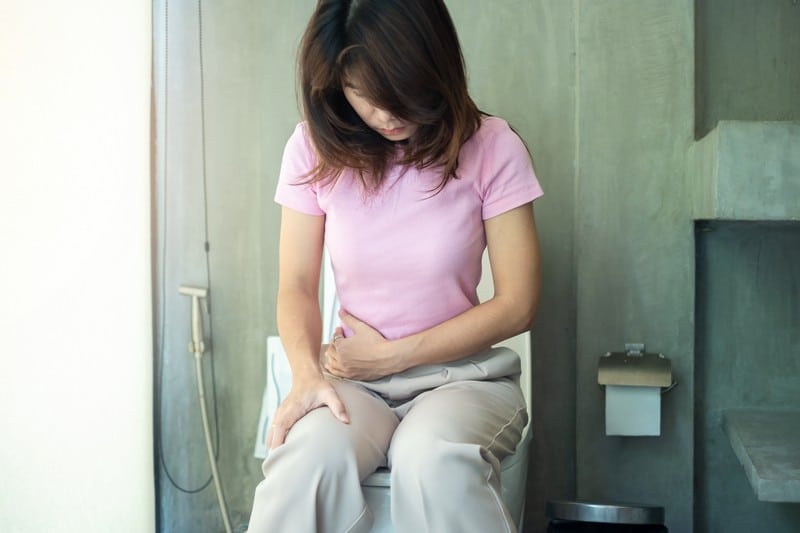Constipation

Constipation typically occurs when you experience difficulty emptying your bowel. It can lead to varicose veins, hemorrhoids, and broken capillaries. Lifestyle changes and home remedies are often enough to resolve the issue. However, there are instances where it may require medical attention. The condition can happen for various reasons, like when the stool slowly passes through the colon. The slower it travels, the greater the water absorption, which can lead to the hardening of the feces. Intestinal blockage may also cause constipation. In these cases, medical treatment may be needed.
Some symptoms of constipation are straining during bowel movements, defecating less than three times a week, and hard or lumpy stool. It’s also not uncommon to experience bloating and nausea, appetite loss, abdominal cramping and pain, and varicose veins. Despite how uncomfortable it can be, constipation is rarely a cause for worry. However, if an underlying medical condition like cancer triggers it or if it causes further damage, it can be a serious problem.
Common triggers of constipation are physical inactivity, lack of dietary fiber, and some medications. There are also cases when a health problem may cause it, such as IBS. Dehydration may also result in constipation, so stay hydrated and drink plenty of water.










